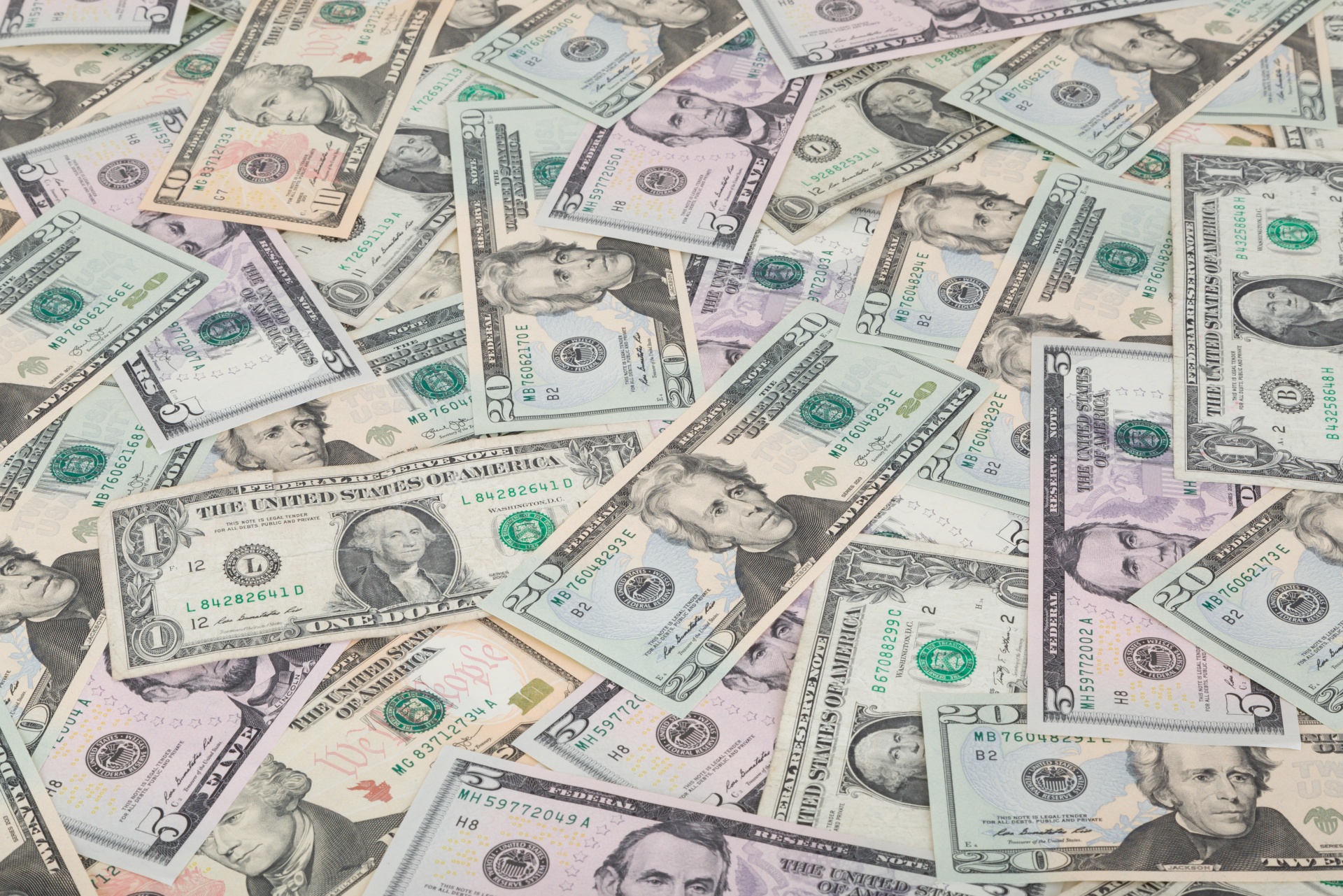Lesson 5
Goodness of Fit
- Let’s explore lines and their goodness of fit for data
5.1: What’s the Rate?

Each situation can be modeled using a linear equation. Describe the rate of change for each situation.
- Andre started his no-interest savings account with $1,000. He makes the same deposit each week, and there is $1,600 in the account after 6 weeks.
- Kiran starts with $748 in his checking account. After 4 weeks of spending the same amount each week, he has $716 left.
5.2: Goodness-of-Fit
Here are 3 copies of the same scatter plot. Each student tries to draw a line that models the data well.

Noah says his line fits the data well because the line connects the leftmost point to the rightmost point.

Andre says his line fits the data well because it passes directly through as many points as possible.

Lin says her line fits the data well because the points are somewhat evenly arranged around the line with about half the points above the line and half the points below the line.
Do you agree with any of these students? Explain your reasoning.
5.3: What Fits?
- Look at the scatter plots, and determine which one is best modeled by a linear model.
-
Draw a linear model that fits the data well on the appropriate scatter plot. Compare your line with a partner’s. If your lines are different, determine which line is the better fit line.


